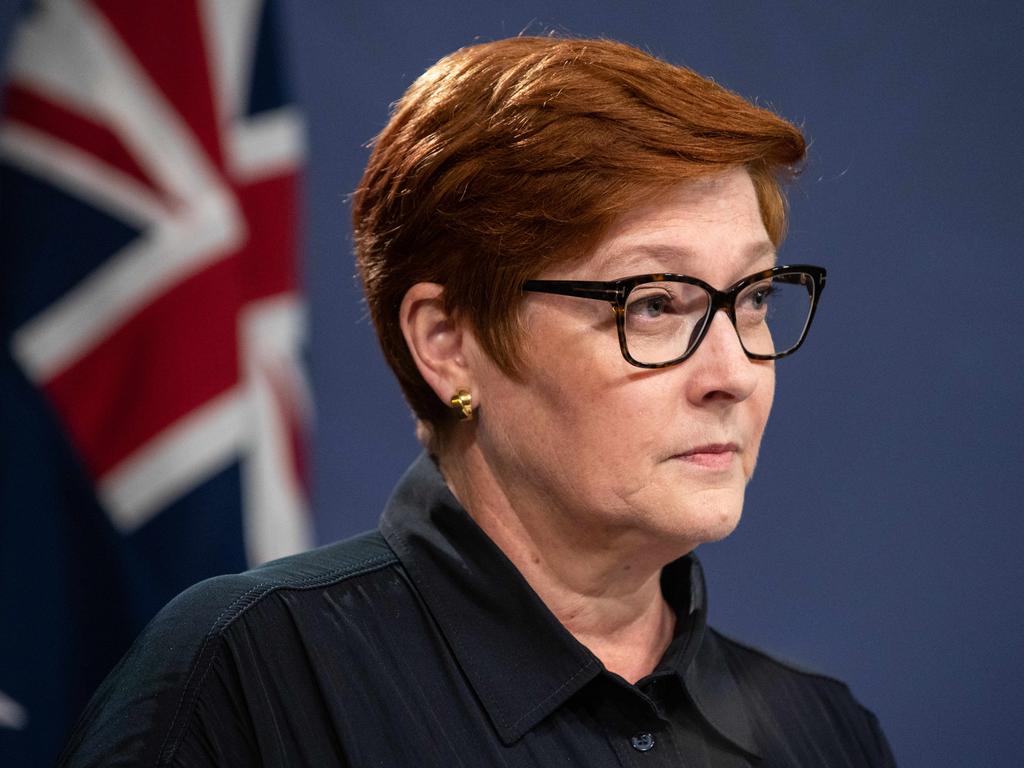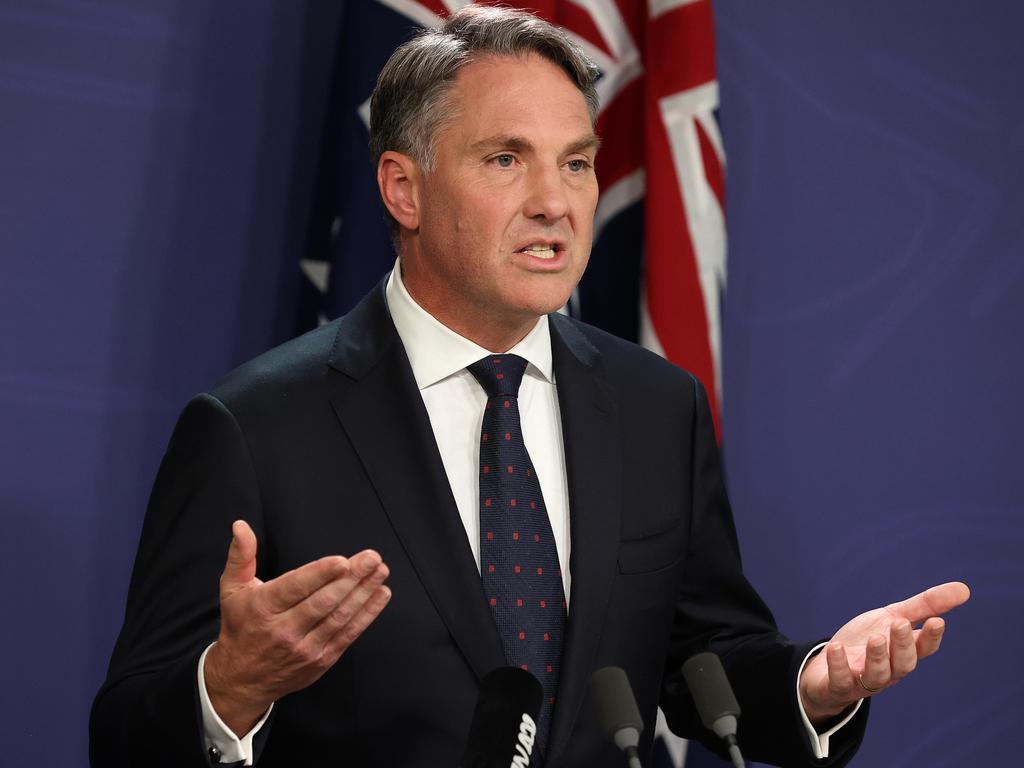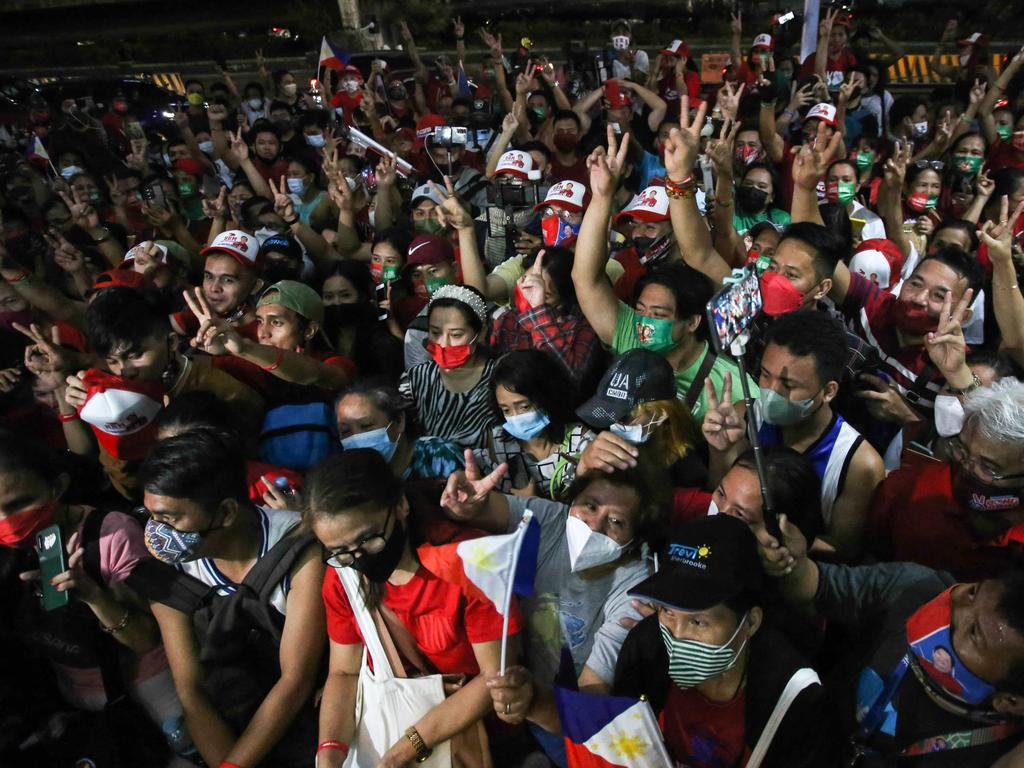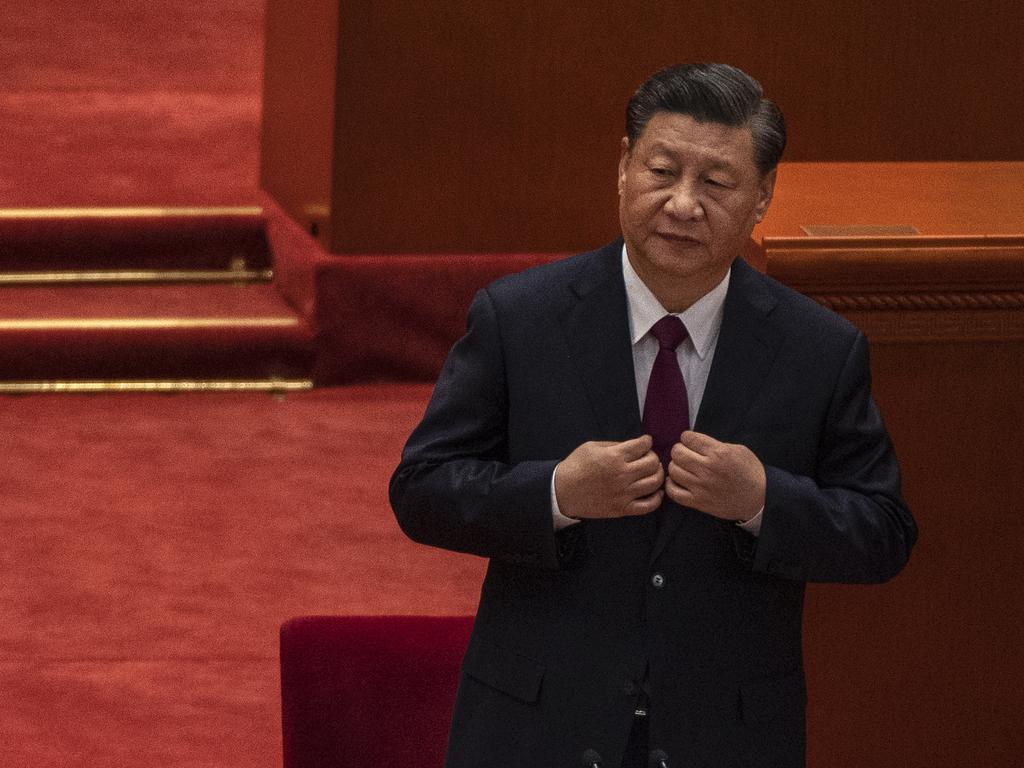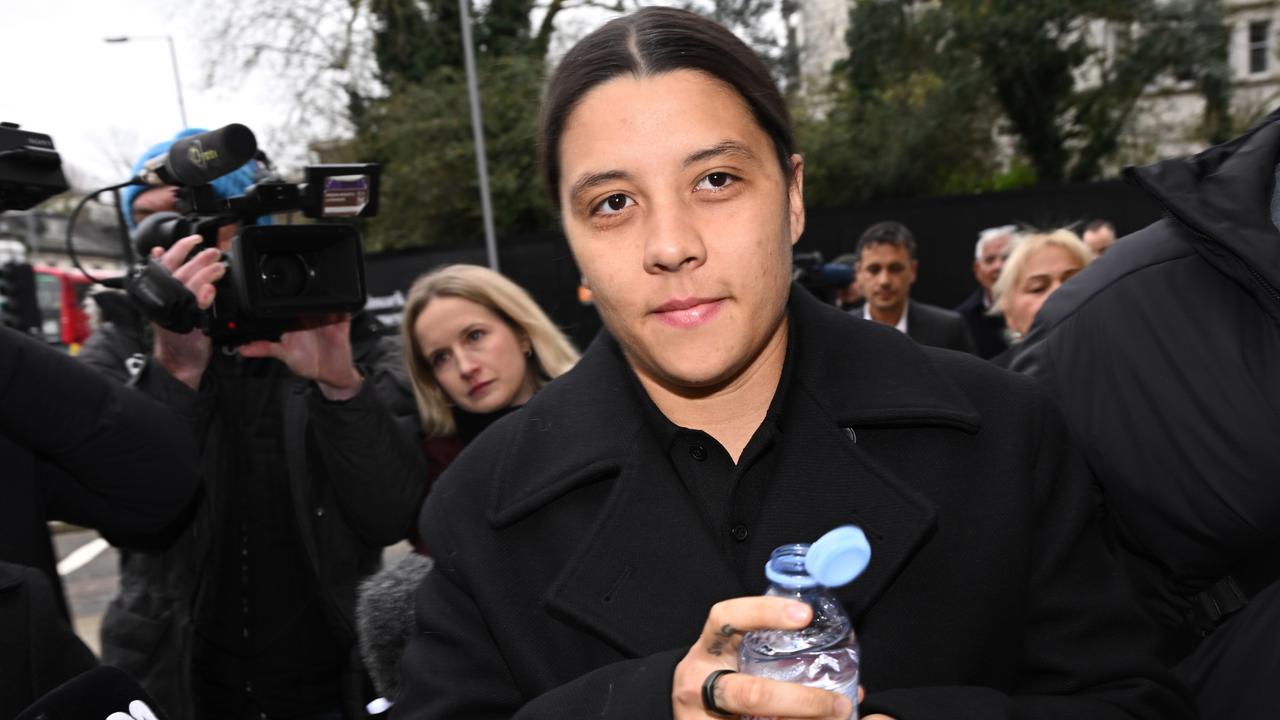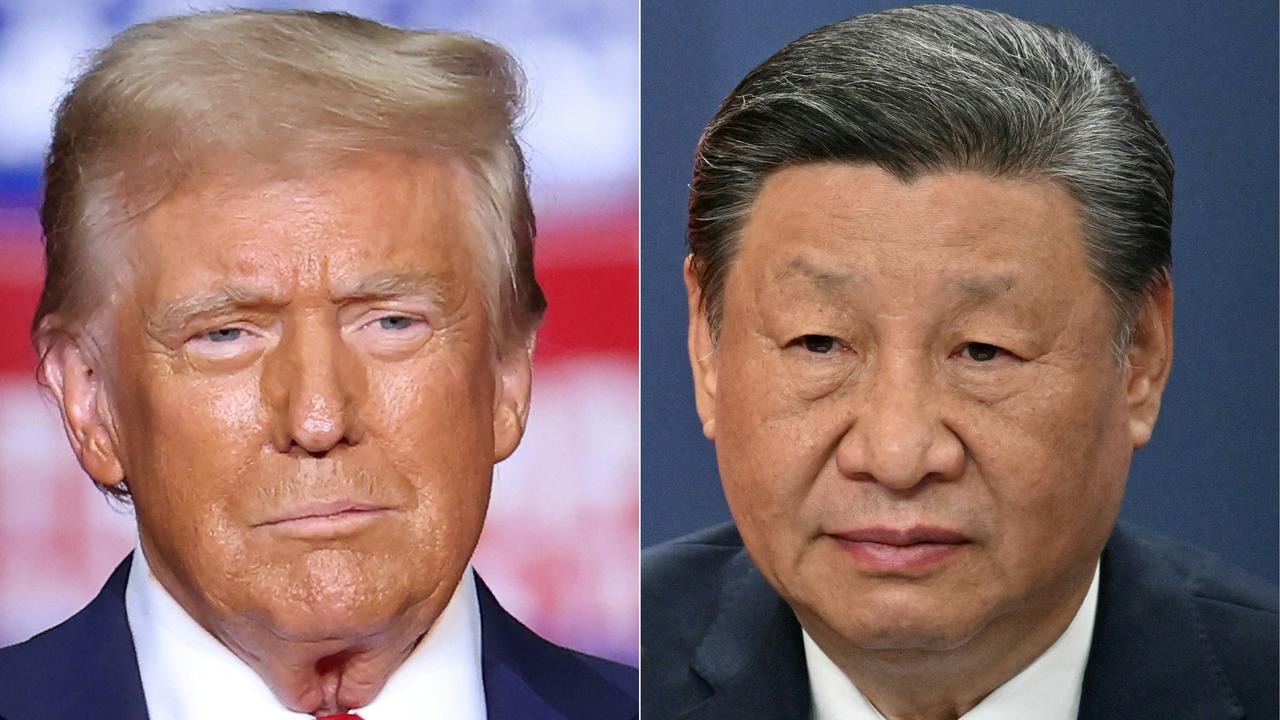Diplomacy of smiles yet to thaw Xi Jinping’s deep freeze
The new Chinese ambassador to Australia has launched a charm offensive. Don’t be fooled – nothing has changed.
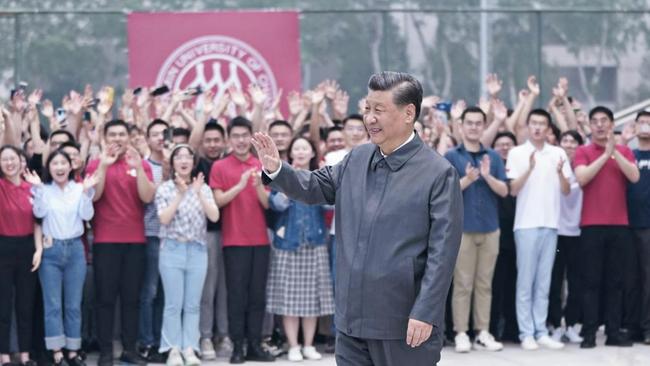
As our election approaches rapidly, the busiest ambassador in Australia has been Xiao Qian, the representative of the People’s Republic of China. In four brief months here, he has launched an impressive charm offensive, hosting and dining with an array of members of the Australian elite whom the embassy perceives as capable of helping shape – or, better, reboot – Canberra’s policies towards the PRC. The feedback is almost ubiquitously positive.
After his increasingly irritated and irritable predecessor, Cheng Jingye – more curmudgeon, in reality, than wolf warrior – Xiao certainly appears a pleasant change. It is frequently mentioned that he smiles. Surely it is indeed a relief, especially for those who have to deal for work purposes with the PRC mission, to be encountering again a competent professional diplomat, who palpably seeks to influence favourably, rather than alienate, those he encounters.
But strangely, some of the recipients of such professional encounters would inflate their meaning well beyond their true capacity – believing, for instance, that they demonstrate that it’s time for Canberra to reciprocate in some way, including through taking the lead in “resetting” the relationship. Yet nothing substantive has actually changed, and there is no meaningful indication of likely change on Beijing’s part, at least for the coming year.
We have our own extremely professional, experienced, China-expert ambassador in Beijing, Graham Fletcher, also universally perceived as pleasant. He smiles too. But unlike Xiao in Canberra, Melbourne and Sydney, Fletcher remains unable for the most part to gain the meetings he seeks with significant figures in China – despite his extensive network of contacts there, garnered through four postings over 35 years.
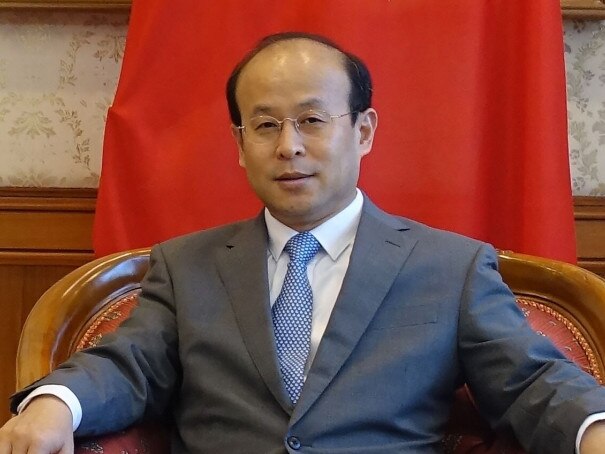
“The diplomatic channel,” Xiao claims, “is open.” Only, it’s not. His own ministry has Fletcher’s contacts. And his Commerce Ministry, for instance, knows how to communicate with our Trade Ministry. But the lines remain dead. Xiao says the PRC “has always been committed to conducting friendly co-operation with countries around the world, including Australia”. This has not, however, been our experience in recent times. Far from it.
It is promising that Xiao has said the PRC “is willing to work with Australia to meet each other halfway” in reviewing and revising the relationship. But, while Canberra has made some missteps, the main responsibility for the problems with Beijing lies with the latter. If the PRC is indeed willing to meet Australia halfway, then let’s find out where: might commercial coercion be removed from half the Australian products and services that have been penalised despite our free-trade agreement, or might half of the Australians wrongfully imprisoned in China be released?
This is a massive Tiger year for Xi Jinping as he seeks re-election for a precedent-breaking – in the post-Mao era – third term as General Secretary of the Chinese Communist Party, his core role.
For the party will hold, probably in early November, its 20th five-yearly national congress. Alongside that election – which Xi needs to be unanimous, or as near so as makes no difference – he will also deliver a three-hour speech that will determine the PRC’s direction for the medium term. A new party central committee, Politburo, and Politburo Standing Committee will be selected.
Then in March 2023, these momentous changes in personnel – except at the very top, where Xi has intensely personalised and centralised power – will play forward into the new ministerial and other positions announced at the National People’s Congress that determines how the government and the state, which are subsets of the party, will be reshaped appropriately. No significant change in direction or policy can be expected until after the latter moves have been bedded down, in a year or more from now. In comparatively minor policy areas, that’s because a senior party official would have to be prepared to risk his – almost always his – political capital to pursue such a change, in a setting in which stability takes absolute precedence.
And stability this year, just when Xi needs it most, is in desperately short supply. He’s hit triple trouble – in increasingly unpopular Covid management, in the economy due both to the zero Covid policy and to his own attacks on China’s tech and real estate sectors, and in geopolitics with the Ukraine invasion by his “best, most intimate friend”, Vladimir Putin, shaking everything up.
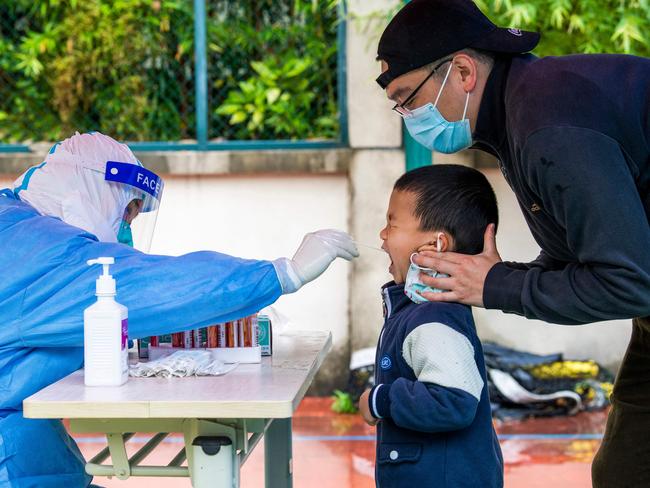
But Xi is unlikely to make any significant change in effect for a year. Having policies fail does not threaten him nearly as much as the weakness that would be perceived by party opponents if he were to change policies.
Xiao is playing a fine hand in such limiting circumstances. He is very welcome here, as marking a return to the traditional polished professionalism for which China’s Ministry of Foreign Affairs was once known. But for now, the best he can do is try to persuade Canberra to change its policies preemptively, before Beijing – the chief transgressor – makes a serious move. It’s a smart move, but so far purely a tactical one. It merits politeness in response, but there’s no reason for Canberra to change policies in exchange for a smile.
Rowan Callick is an Industry Fellow at Griffith University’s Asia Institute.


